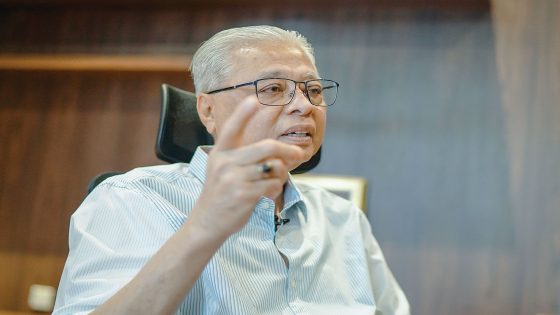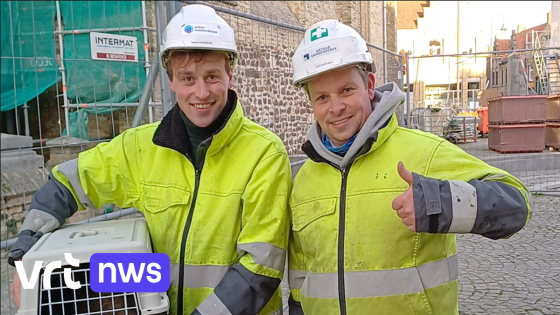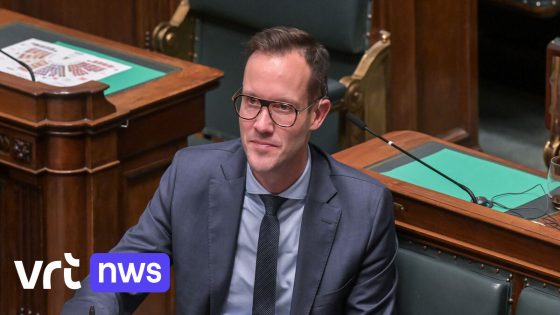On February 25, 2025, former Assin Central MP Kennedy Agyapong raised alarms about the trend of educated Ghanaians taking security jobs abroad. He questioned why, with abundant resources in Ghana, locals are not capitalizing on opportunities for land development and other sectors.
- Kennedy Agyapong's concern over job migration
- Educated Ghanaians working as security guards
- Call for utilizing Ghana's land development resources
- Urging community support for local development
- Introduction of the Volta Factory Project
- Offering 10% proceeds to Volta Region residents
Agyapong’s remarks came during a tour in Sege, Ada, where he encouraged community collaboration to foster local development.
Why Are Educated Ghanaians Working Abroad as Security Guards?
What drives educated Ghanaians to take up security jobs overseas? Agyapong’s concerns reflect a broader issue of underutilized resources in Ghana. With many qualified individuals seeking work abroad, it begs the question: how can Ghana create more opportunities for its citizens?
Creating Job Opportunities in Ghana: A Call to Action
Agyapong emphasizes the need for a mindset shift among Ghanaians. He believes that with the right approach, the nation can harness its resources to create meaningful employment. His recent initiative, the Volta Factory Project, aims to boost local economies by offering 10% of the proceeds to the community.
Understanding the Volta Factory Project and Its Impact
The Volta Factory Project is set to be a game-changer for the region. By investing in local industries, Agyapong hopes to stimulate job creation and economic growth. This initiative could potentially reduce the number of educated Ghanaians seeking jobs abroad.
- Focus on local resource development
- Encouragement of community involvement
- Potential for job creation in various sectors
- Long-term economic benefits for the Volta Region
What Can Be Done to Retain Talent in Ghana?
To retain talent, Ghana must prioritize job creation in sectors like land development and technology. Engaging local communities and fostering entrepreneurship can pave the way for sustainable growth. By investing in skills training and infrastructure, the country can create an environment where educated Ghanaians want to stay and contribute.
Conclusion: A Vision for Ghana’s Future
As Agyapong advocates for change, it’s clear that Ghana has the potential to harness its resources effectively. By creating job opportunities and fostering local development, the nation can ensure that its educated youth remain at home, contributing to a brighter future.

































